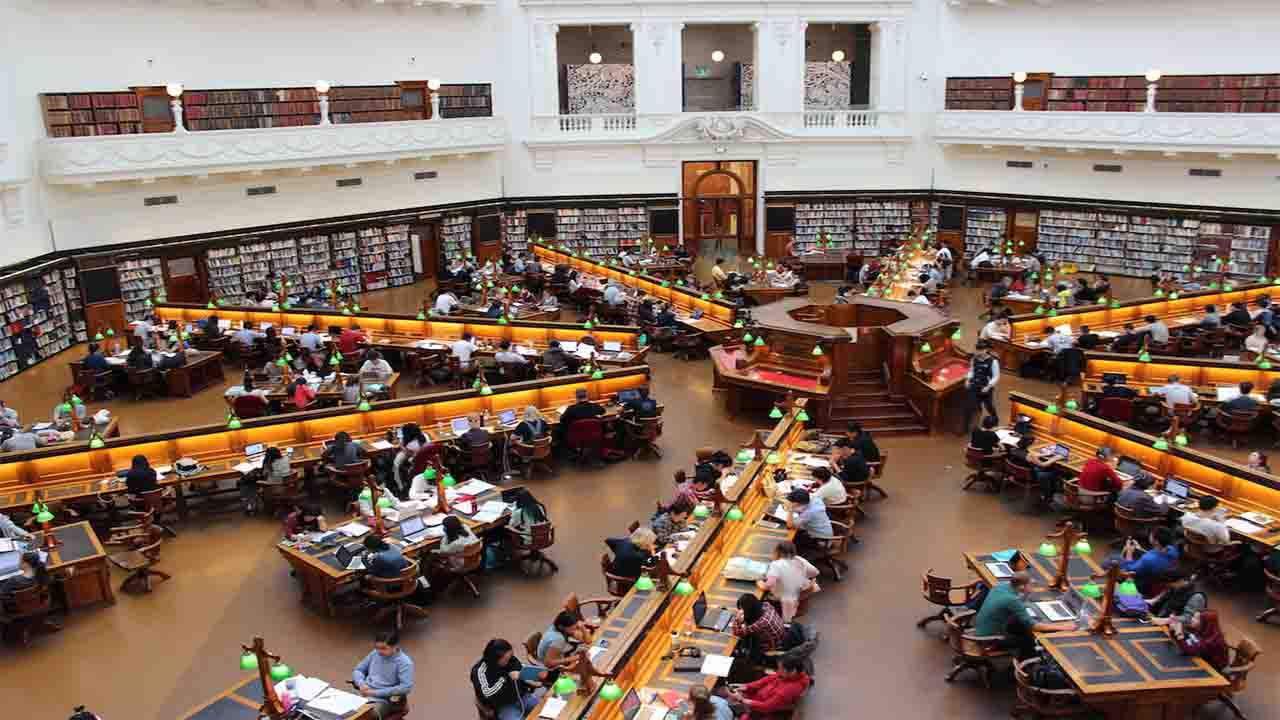India (Commonwealth) _ The Indian stock market has surpassed Hong Kong to become the world’s fourth-largest equities market, according to international media reports.
As of Monday’s end, the total value of shares listed on Indian markets was USD 4.33 trillion, compared to USD 4.29 trillion in Hong Kong, according to Bloomberg statistics. India’s stock market capitalization surpassed USD 4 trillion for the first time on December 5, 2023, with over half of that occurring in the last four years. The three largest stock markets are the United States, China, and Japan.
The previous year has been particularly fruitful for those who have invested in Indian equities. Despite some instability, stock market investors received significant monetary dividends in calendar year 2023.
In 2023, the Sensex and Nifty gained 17-18% cumulatively. They gained just 3-4 percent apiece in 2022.According to research, Hong Kong’s benchmark Hang Seng Index has decreased by 32-33 percent during the last year.
Strong GDP and political stability
A strong GDP growth forecast, manageable inflation, political stability at the central government level, and signs that central banks around the world have completed their monetary policy tightening have painted a rosy picture for India, which many agencies have labelled as the fastest-growing major economy.
The recent robust inflow of cash from foreign portfolio investors (FPIs) has also helped the equities rise to all-time highs. Notably, international portfolio investors have again turned their attention to India, becoming net purchasers in the country’s stock market. In the process, it helped Indian benchmark stock indexes to all-time highs recently.
India, which became the most populous country last year, has positioned itself as an alternative to China, attracting new capital from global investors and companies alike, owing to its stable political environment and a consumption-driven economy that remains among the fastest-growing of major nations.
On the other side, Hong Kong markets, which are home to some of China’s most prominent and creative enterprises, have plummeted. The overall market value of Chinese and Hong Kong equities has fallen by more than $6 trillion from its highs in 2021.
According to Bloomberg, Beijing’s strict anti-Covid-19 measures, regulatory crackdowns on firms, a property-sector crisis, and geopolitical concerns with the West have all contributed to eroding China’s appeal as the world’s economic engine.
Hong Kong’s prominence as one of the world’s busiest sites for initial public offers (IPOs) is fading, as fresh listings dry up. Overseas funds invested over $21 billion in Indian equities in 2023, contributing to the benchmark S&P BSE Sensex Index’s ninth straight year of growth.
India’s financial industry is quickly expanding and is poised to become a global leader in the near future. This financial sector boom is boosting the expansion of the Indian share market, enticing investors to participate in it.
The Indian share market has existed since 1875. The “Native Share and Stock Broker’s Association” was the first share trading association in India, subsequently known as the Bombay Stock Exchange (BSE). This organization started with 318 members. India has 24 share markets across the nation and several financial intermediaries such as banks, non-banking financial corporations, insurance firms, and mutual funds.
Share Market in India
The Indian share market (capital market) has two segments:
Primary market
Secondary Market
The primary market is where new securities (such as shares, debentures, government bonds, CDs, and CPs) are issued to the public. Investors can purchase additional shares directly from the firm through an initial public offering (IPO). The corporation utilizes the revenues from the sale of these shares to support its operations and develop its business. The Primary Market is sometimes called the New Issues Market.
The secondary market is made up of traders who buy and sell listed company shares. After the first share sale, firms can buy and sell shares between traders and investors who want to purchase the shares and share-holders who want to sell their shares. These procedures are carried out on the secondary market. A newly issued IPO is considered a primary market deal when the shares are initially acquired directly from the underwriting investment bank; any subsequent trades will take place on the secondary market, between investors themselves.
Merchant bankers use valuation procedures to set share prices in the primary market, whereas market factors such as supply and demand dictate share values in the secondary market. The Securities and Exchange Board of India (SEBI) regulates India’s share market.
The major goal of SEBI is to encourage healthy and orderly growth in the stock market while also ensuring investor safety. The SEBI also oversees share transactions by international investors and traders, as well as keeping an eye out for market malpractices. The share market in India has grown dramatically in recent years, mainly to the introduction of a wide range of goods and services.








